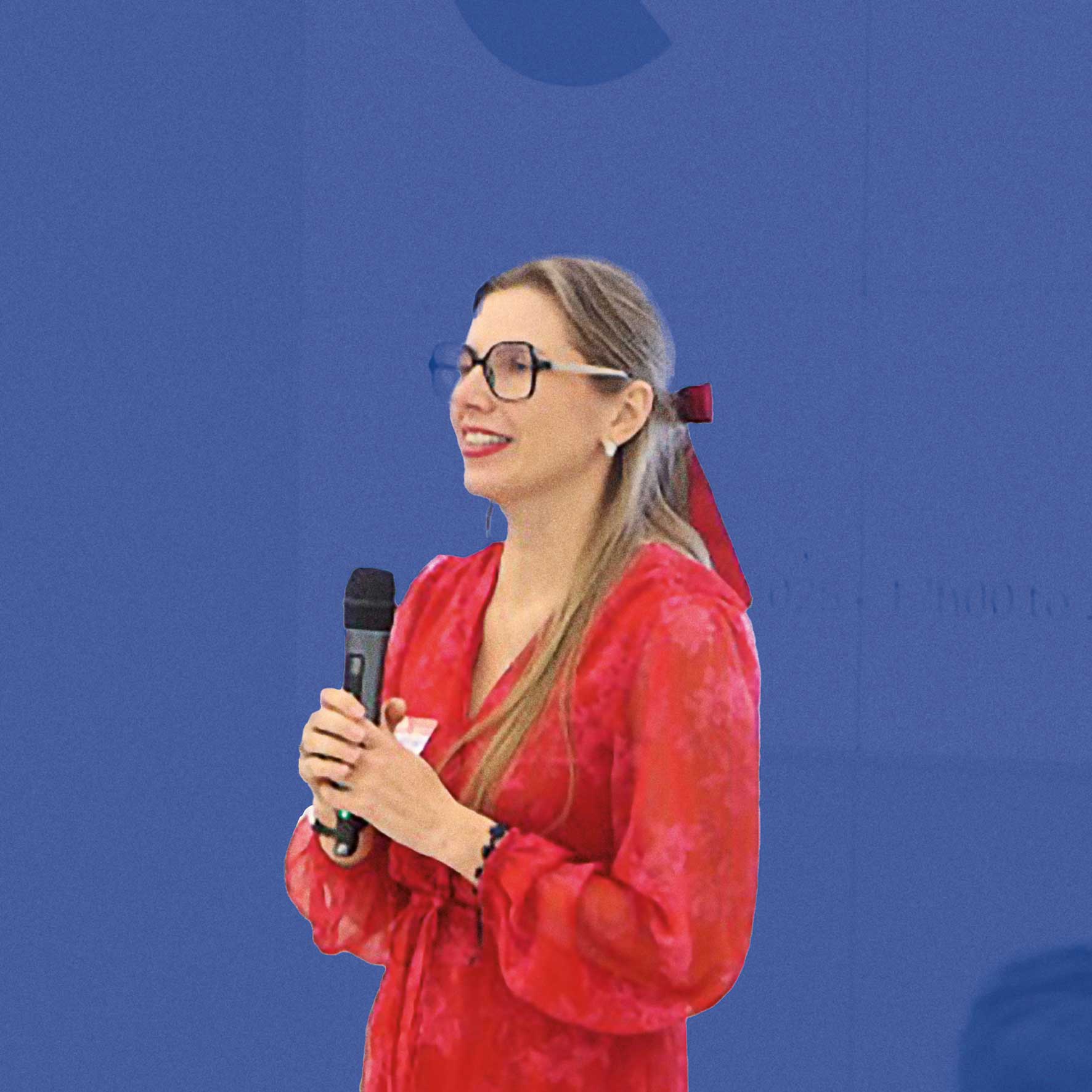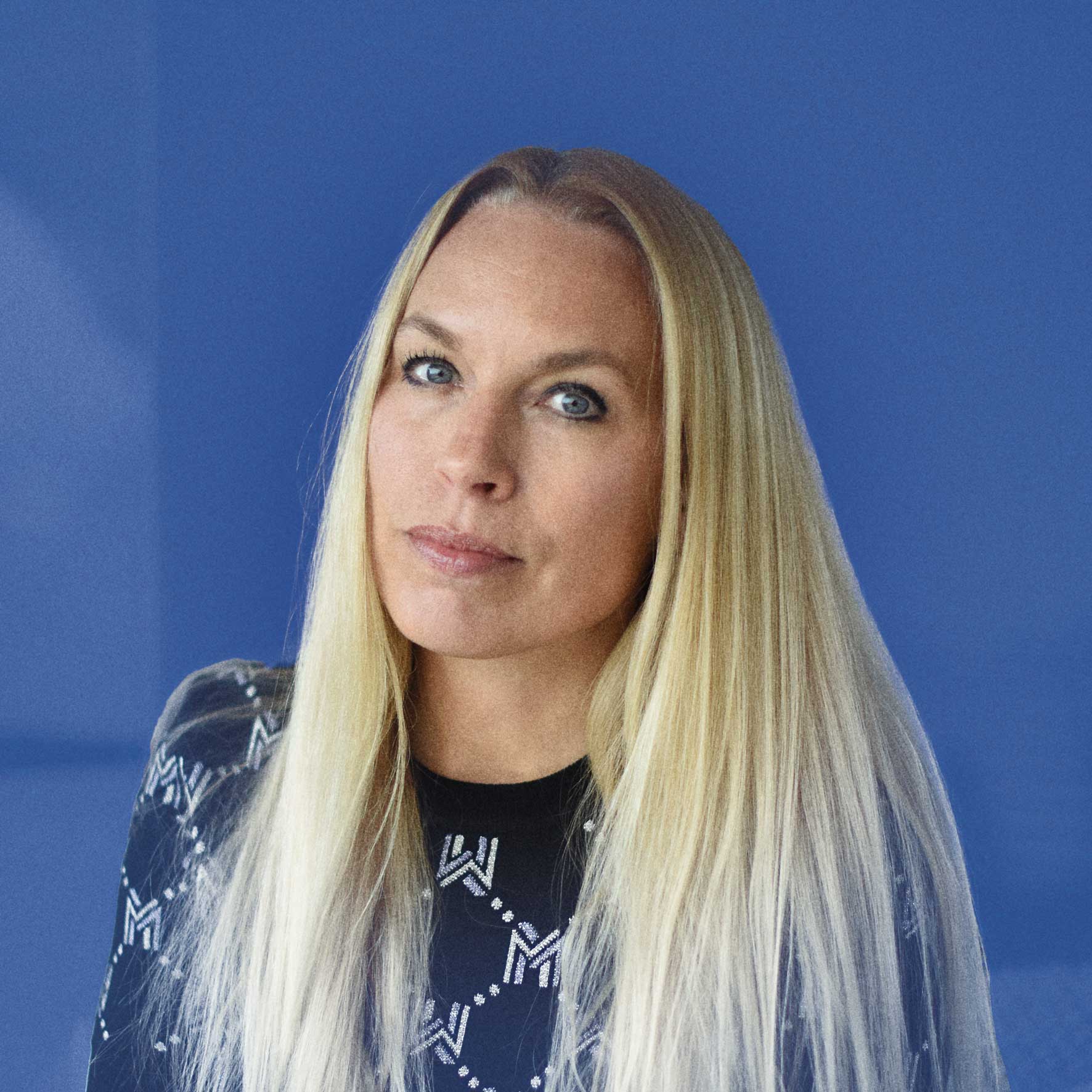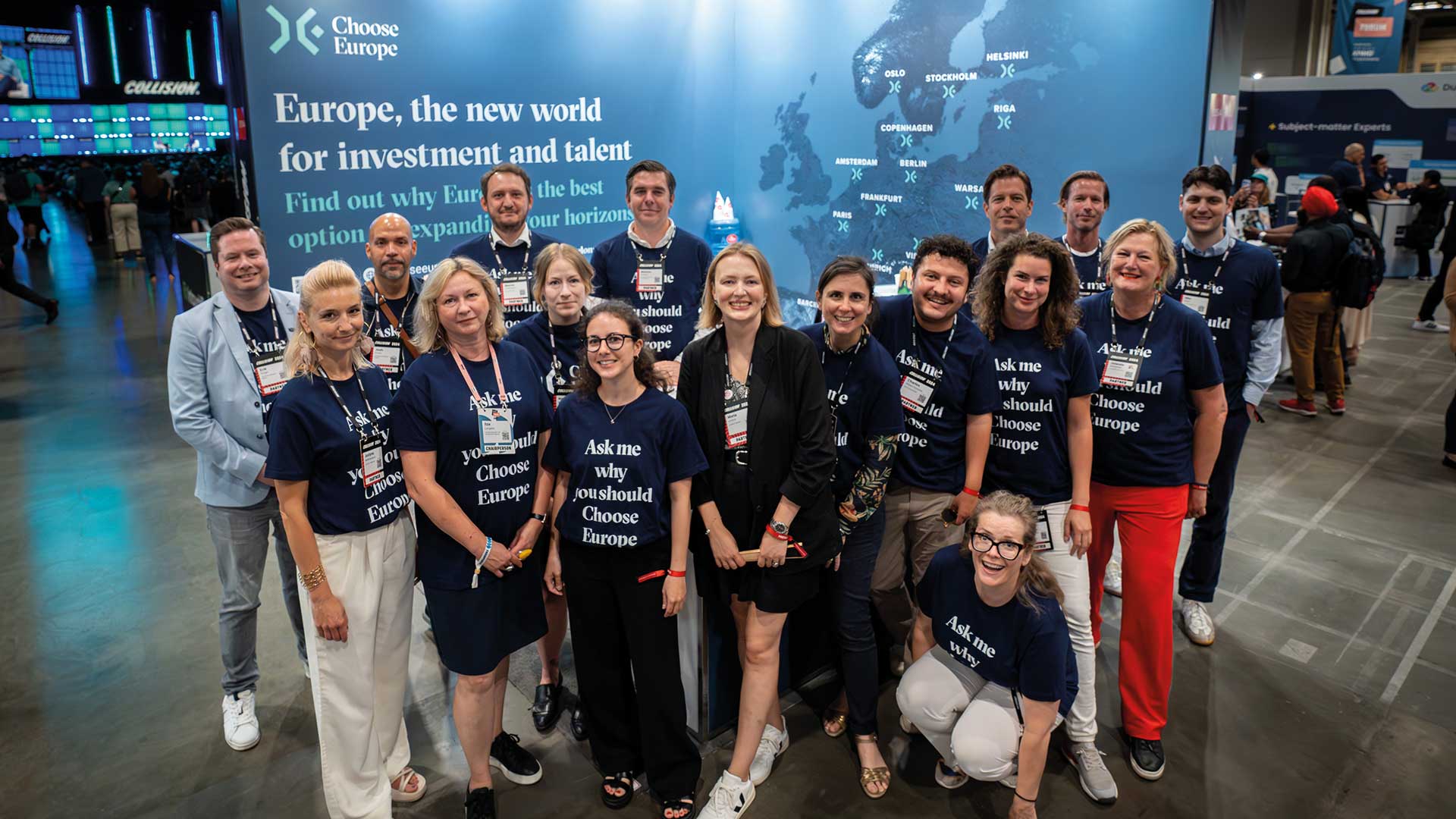Europe a Home for Business and Talent
In Europe, prosperity grows stronger when it’s shared. More than a single market, Europe is a place where public institutions, cooperative networks and cultural diversity all create the foundations for lasting growth. For founders, this translates into access to 450 million consumers but also to a network of reliable ecosystems built on trust and cooperation.
Europe’s shared purposes manifest in everything from universal healthcare to climate action, giving entrepreneurs stability and predictability while opening pathways to global markets – key ingredients for scaling fast. Choosing Europe means not only a location decision but also deciding on a foundation of collaborative ecosystems that provide opportunities for entrepreneurs, talent and investors. Here, support systems are springboards: universities, accelerators, corporations and public programs work together to turn bold ideas into global companies.
Trust in public systems
Generations of Europeans have built solid institutions from universal healthcare to public transport. Education and welfare systems strive to leave no one behind. These foundations are also relevant to startups: scaling happens when there are clear rules for data, consumer protection and competition.
The EU’s approach to data, General Data Protection Regulation (GDPR), is also a globally understood baseline, allowing for quick deployment across the continent – a predictability that supports customer confidence and reduces compliance concerns.
“One of the strongest assets we offer to businesses looking to establish or expand in Europe is our deeply rooted trust-based society. This culture of openness, reliability and collaboration gives companies and talents the confidence to invest and grow here. Trust is not only a facilitator for doing business more smoothly, it is a genuine competitive advantage that enables more sustainable, long-term success."
— Asbjørn Overgaard, CEO, Copenhagen Capacity
Democratic collaboration
Europe’s collaboration history crosses borders, and the continent's mindset of cooperation permeates everything from research to city partnerships. Programs like Horizon Europe, the EU’s €95.5 billion (~$107 billion) research and innovation funding program (2021–2027) aimed at addressing global challenges, supporting the UN Sustainable Development Goals and enhancing EU competitiveness and growth, helps teams move from lab to market with solid financial foundations and cross-border alliances. Collaboration also happens horizontally between accelerators, universities and corporations, turning fresh ideas into industries.
Projects funded by Horizon Europe include DEFENDER, a five-year multinational research initiative coordinated by the Leibniz Institute of Virology (Hamburg, Germany) focused on developing new antiviral strategies against emerging and re-emerging viruses using bioinformatics and AI to strengthen pandemic preparedness; and SYNFEED, a project that aims to create biosynthetic proteins that can replace conventional feed by using AI, molecular modelling and sustainable bacteria strains to improve animal health and welfare while drastically reducing environmental impact and Europe’s reliance on imported raw materials.
The green transition is a shared responsibility
Europeans band together, sharing technology, aligning regulations, collectively funding sustainable innovation and securing a livable future for the next generation. The green transition is not a compliance chore but an opportunity to innovate.
The European Green Deal, which aims to cut emissions by at least 50% by 2030 while legally binding the 2050 neutrality goal through the European Climate Law, integrates climate goals into policy, procurement and incentives, speeding up innovative solutions that are both sustainable and profitable. Oslo, for example, has already cut greenhouse gas emissions by 28% since 2009 with the goal of cutting 95% of its emissions by 2030, and Helsinki shut down its last coal-fired power and heat plant in April 2025. This reduces Finland's total emissions by nearly 2%. Outside the Nordics, Vienna reduced its greenhouse gas emissions by 11.7% in 2023 compared to the previous year, according to the Austrian Environmental Agency’s forecast published in 2024.
Some of the largest greentechs in Europe include GreenBig, a Parisian enterprise specializing in plastic recycling robotics, and Enviria Energy, a Frankfurt startup offering customized solar solutions for businesses.
Openness to diversity and global cooperation
Walk down any street in any European capital and you’ll hear a mix of languages. Diversity is a daily reality and a source of strength. It’s common to see American, Asian and African founders choose a European city for their first international hub, and truly international teams bring different perspectives and more creativity to problem-solving. Home, in Europe, means more than the space where one sleeps: it's also extended to the headquarters, the hub and the community.
“Diversity and multiculturalism are not just values that European cities aspire to, they are essential drivers of innovation. When people with different backgrounds, perspectives and experiences come together, they challenge assumptions, spark creativity and uncover unique solutions that would otherwise have been missed. The most groundbreaking ideas often emerge at the intersections of cultures and viewpoints, making diversity a powerful engine for both progress and innovation.”
— Colleen Geske, Amsterdam Trade & Invest, City of Amsterdam
For businesses, choosing Europe means aligning with these values and expanding their horizons through collaboration and openness. Founding teams, scaleups and SMEs will find that building a company on the European continent means growing within a human-centered model and contributing to stability, sustainability and prosperity.








